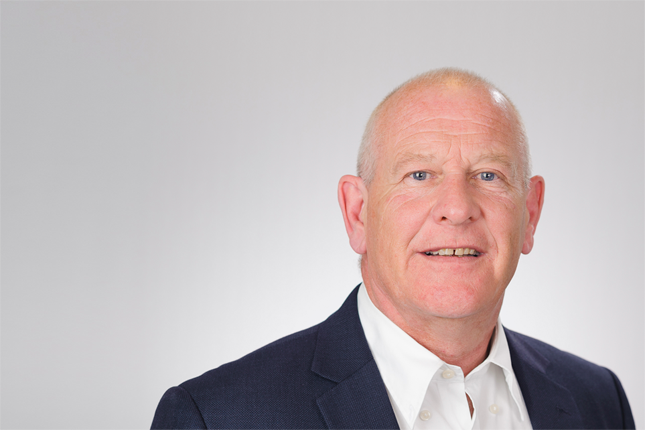In the Media: Yorkshire Business Insider talks to Paul Scourfield about opportunities for landlords within the TMT sector
Office | Paul Scourfield | 1 September 2016With 80,000 people employed across the digital industries in Hull, Leeds and Sheffield, Yorkshire Business Insider asked Paul Scourfield how are landlords and occupiers responding to the growth in the technology, media and telecommunications sector?
The rise in the TMT sector and the trend towards collaborative working provides an enormous opportunity for landlords to secure a new breed of occupier, and one with enormous growth potential.
Traditionally, new small businesses tended to set up in a spare bedroom or the garden shed to keep costs down. While remote technology allows them to still connect with customers and colleagues, this type of premises it is not conducive to the sharing of ideas and business growth opportunities created in a collaborate working environment, which is now considered a ‘must’ for most TMT firms.
Similar to the likes of fast food chains and estate agents which benefit from clustering, TMT companies often prefer to be together in a single hub where they can benefit from working alongside other aligned businesses, collaborating on projects, referring work and being part of a more creative environment.
Flexibility
The property sector is responding by rethinking its approach to small scale and shorter term leases and creating a flexible less formal working environment compared to traditional physical desk layouts. Catering to this new opportunity is also leading to a review of the facilities, services and even building fabric which landlords need to consider in order to attract these tenants.
At the heart of the creation of TMT hubs is the ability to connect to superfast broadband, to ensure the uninterrupted operation of these digitally based businesses. Single large occupiers are increasingly demanding their own dedicated cable, as there’s nothing more frustrating, and potentially damaging to a business of this sort, than an unreliable internet connection. In future proofing their buildings, landlords would be wise to consider installing several more lines with the capacity for faster speeds than they would normally, as a contingency.
Creating longevity
Future proofing is certainly a key decision-making factor in any upcoming refurbishment or new tenancy. For example, we have a large TMT client which ‘future-proofs’ its own operations by taking more space and installing better services than they need right now. This allows them the flexibility to expand teams at short notice in order to fulfil specific project requirements, and ensures they are never on the back foot when a new technology requires greater internet capacity. In the meantime, that extra space becomes a flexible, informal environment furnished with easy chairs and sofas, to encourage collaborative working and relationship building.
The practicalities of space planning for TMT businesses are actually beneficial to landlords who can make the most of buildings with large open plan footplates – or those with the ability to refurbish them back to that state – and the provision of additional facilities such as cafes and shared meeting spaces. Flexible touchdown spaces – the new parlance for hotdesking – require not only easily accessible WiFi, but also some ‘in-house’ furniture for those micro-businesses renting space ad hoc.
Potential revival
This trend could mark a return to favour for the much-maligned 1960s and 70s office buildings, where there is a lot of redundant stock. These secondary buildings are becoming popular for Grade A refurbishment with their large expansive footplates and often accessible locations. Purpose-built in their time, these buildings are also often more straightforward to retrofit ‘smart’ technologies – renewables, remote operation, real time metering – which are likely to appeal to operators in the TMT sector. Future proofing could require additional investment from the landlord in the short term but, as with any decent refurb, is the more cost-effective long term solution.
To read the full article, click here.


